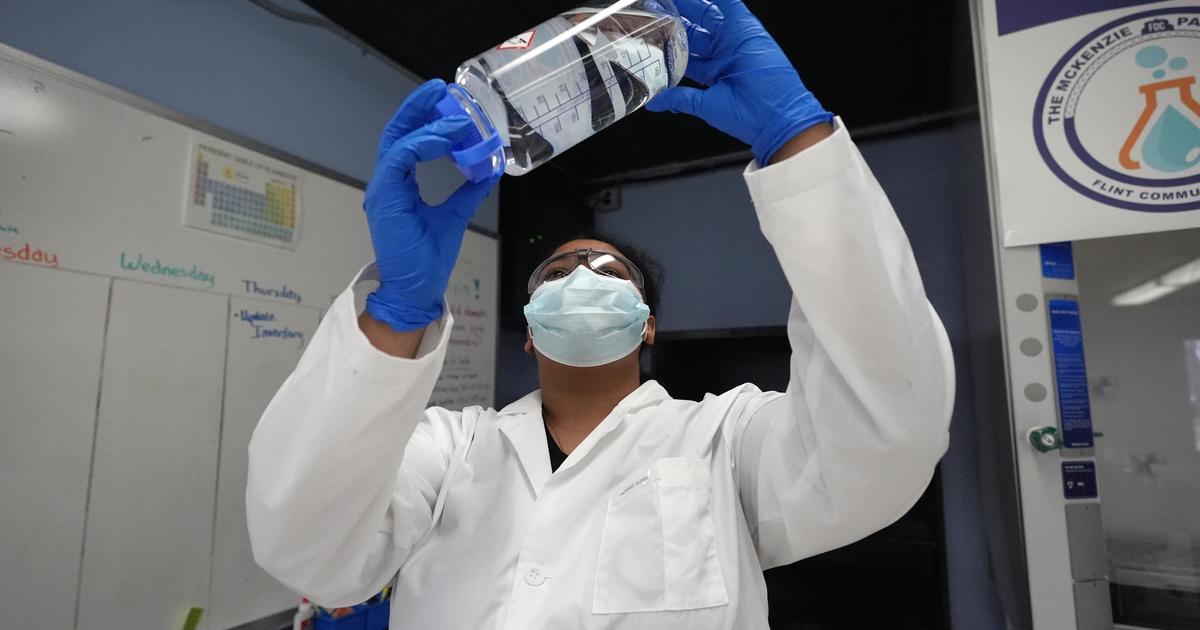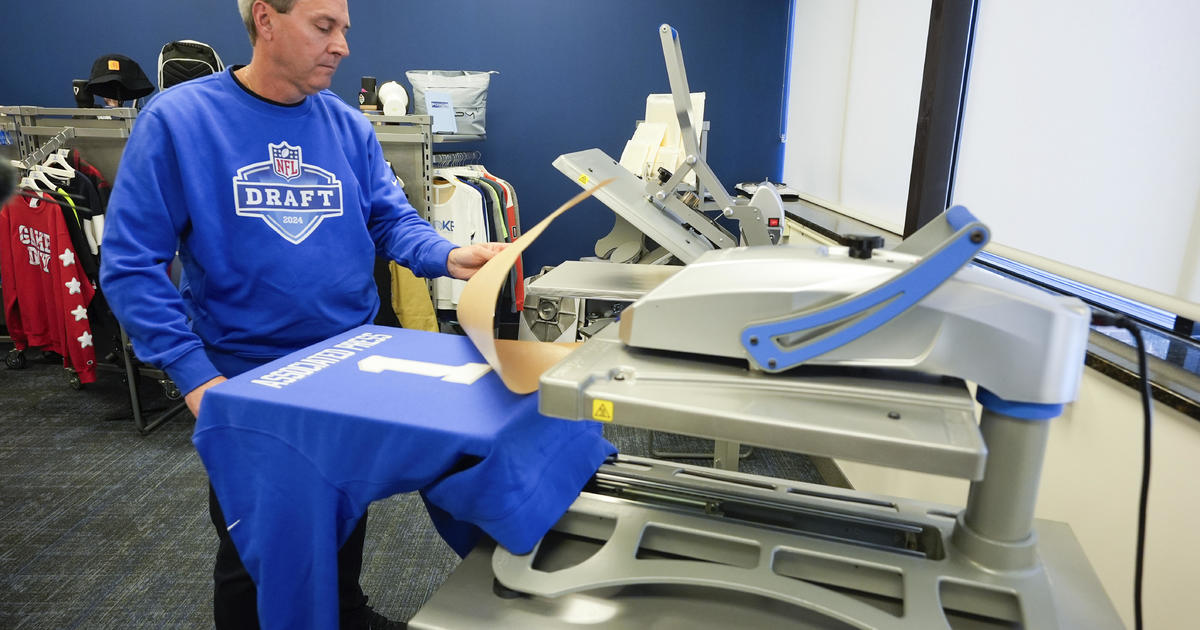CMU, GVSU To Host National Event On Great Lakes Policy
MT. PLEASANT (WWJ) -- Central Michigan University's Institute for Great Lakes Research will bring the nation's leading Great Lakes policy adviser to campus Friday, April 4, as part of a symposium titled "Great Lakes Science in Action: An Interdisciplinary and Multi-Institutional Approach."
The symposium features special guest Cameron Davis, senior adviser to the administrator of the U.S. Environmental Protection Agency. Davis oversees the $1.6 billion Great Lakes Restoration Initiative and was lead negotiator on the U.S.-Canada Great Lakes Water Quality Agreement.
Symposium participants will learn about developments in Great Lakes research, restoration and conservation, their economic impact, and what's expected in 2015 through 2020.
Along with legislative and administrative panels, university scientists will provide updates on collaborative Great Lakes research in topics such as ecosystem health, invasive species and coastal wetland restoration, highlighting advances made possible by techniques such as eDNA. These efforts are helping to ensure the sustainability and management of the world's largest supply of surface freshwater and a $7.5 billion commercial and sports fishery.
The event is co-sponsored by Grand Valley State University's Annis Water Resources Institute. The symposium will be from 9 a.m. to 4 p.m. in French Auditorium in CMU's Education and Human Services Building.
Those interested in attending should RSVP by Friday, March 28, through Jessica Lapp, coordinator of CMU's Institute for Great Lakes Research, at (989) 774-4401 or IGLR@cmich.edu.
CMU oversees a $10 million EPA grant to conduct Great Lakes wetlands restoration and preservation research. Its Institute for Great Lakes Research, a part of the College of Science and Technology, allocates funds through this grant to nine other universities and three governmental agencies.
With research vessels and laboratories and offices at the CMU Biological Station on Beaver Island, scientists and students from the institute and the CMU Center for Geographic Information Science lead efforts to prevent the introduction of invasive species, preserve wetlands and improve water quality.
CMU says biology is one of its most rapidly growing course offerings, serving about 900 students majoring in the field and another 7,500 students who take biology classes every year.
This summer, CMU will break ground on its Biosciences Building, a $95 million, four-story learning and research center that will serve students in molecular biology, biochemistry, organismal biology and ecology.



